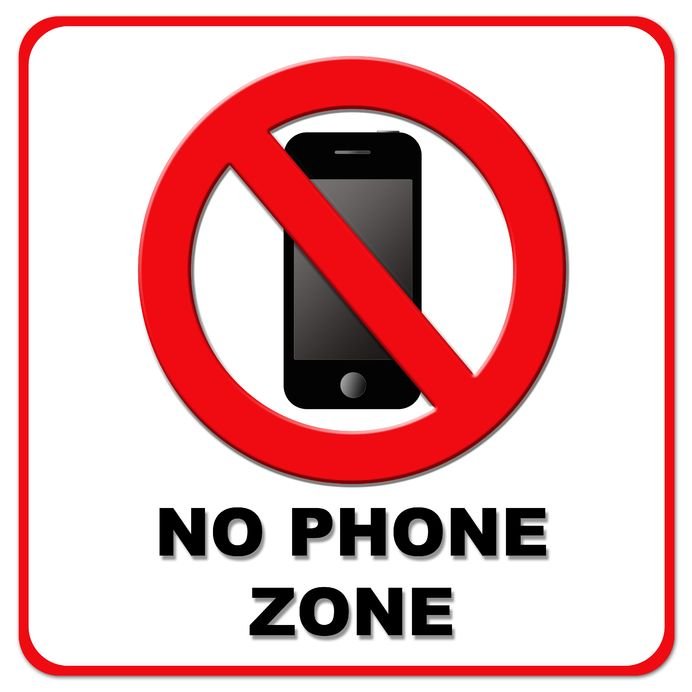Let’s face it, we all get distracted at work. Unfortunately, it’s a reality that is simply unavoidable.
In fact, go ahead and take the time you think you get distracted each day at work, and multiply that number by at least 25: now you might actually have a realistic number for the amount of minutes you spend distracted at your workplace every day.
What makes matters worse is that getting your full concentration back and returning to your previous state on a task, takes around 25 minutes on average. This statistic comes from Gloria Mark, a professional who studies digital distraction at the University of California, Irvine. Don’t just take her word for this phenomenon, however, as many studies from a wide range of backgrounds confirm this information.
So the next time you face a distraction it is important to remember that the “5 minutes it will take to have conversations on WhatsApp,” will actually be more like 30 minutes of wasted time. If you want to ensure your performance stays in a tip-top position at your job, you must concentrate on managing these distractions actively.
Distractions do not only hurt your productivity and success, however, but also negatively affect your mood. Writing in the New York Times, Gloria Mark states, “Our research has shown that attention distraction can lead to higher stress, a bad mood, and lower productivity.”
Looking more thoroughly at the research Mark undertook can give a better idea of this problem.
In her study, observers were sent to semi-secretly observe workers in various tech and finance companies for a period of three and a half days. During their observation, they logged each worker’s activities and timed the amount of time they spent on every task.
One interesting aspect that was discovered during these studies was how often workers switched tasks while they worked. On average, the workers at these companies switched tasks every three minutes and five seconds!
Often switching was the result of an interruption, which caused them to have to stop their current task and deal with the other matter. More often than not these interruptions were self-inflicted, and could have been avoided through a more concentrated and dedicated approach to their work. Facebook, for example, was one of the biggest threats to their continued ability to concentrate and stay focused.
Speaking on the matter, Mark stated, “People have to shift their cognitive resources, or attentional resources, to a completely different topic. You have to completely shift your thinking, it takes you a while to get into it and it takes you a while to get back and remember where you were.”
Not only does this kill the amount of time you are able to spend concentrated, but it also negatively affects the quality of the work that you actually do.
Some of you out there are surely thinking, “I’m the exception to this.” Well, statistically speaking, you are most likely wrong. Peter Drucker, actually warned readers about this mentally all the way back in 1967 with his book “The Effective Executive.” In it, he explained how thinking you are above common problems actually makes you more susceptible to them.
Here is a great passage that illustrates his main point in “The Effective Executive:”
“There was Mozart, of course. He could, it seems, work on several compositions at the same time, all of them masterpieces. But he is the only known exception. The other prolific composers of the first rank – Bach, for instance, Handel, or Haydn, or Verdi – composed one work at a time. They did not begin the next until they had finished the preceding one, or until they had stopped work on it for the time being and put it away in the drawer. Executives can hardly assume that they are ‘executive Mozarts.’”
So instead of trying to be the rarity of an effective multi-tasker, try setting aside specific blocks of time to work on specific tasks uninterrupted instead. You can also set specific times for distractions and interuptions. If you want to excel in the workplace and not waste valuable time, this is a great strategy.

